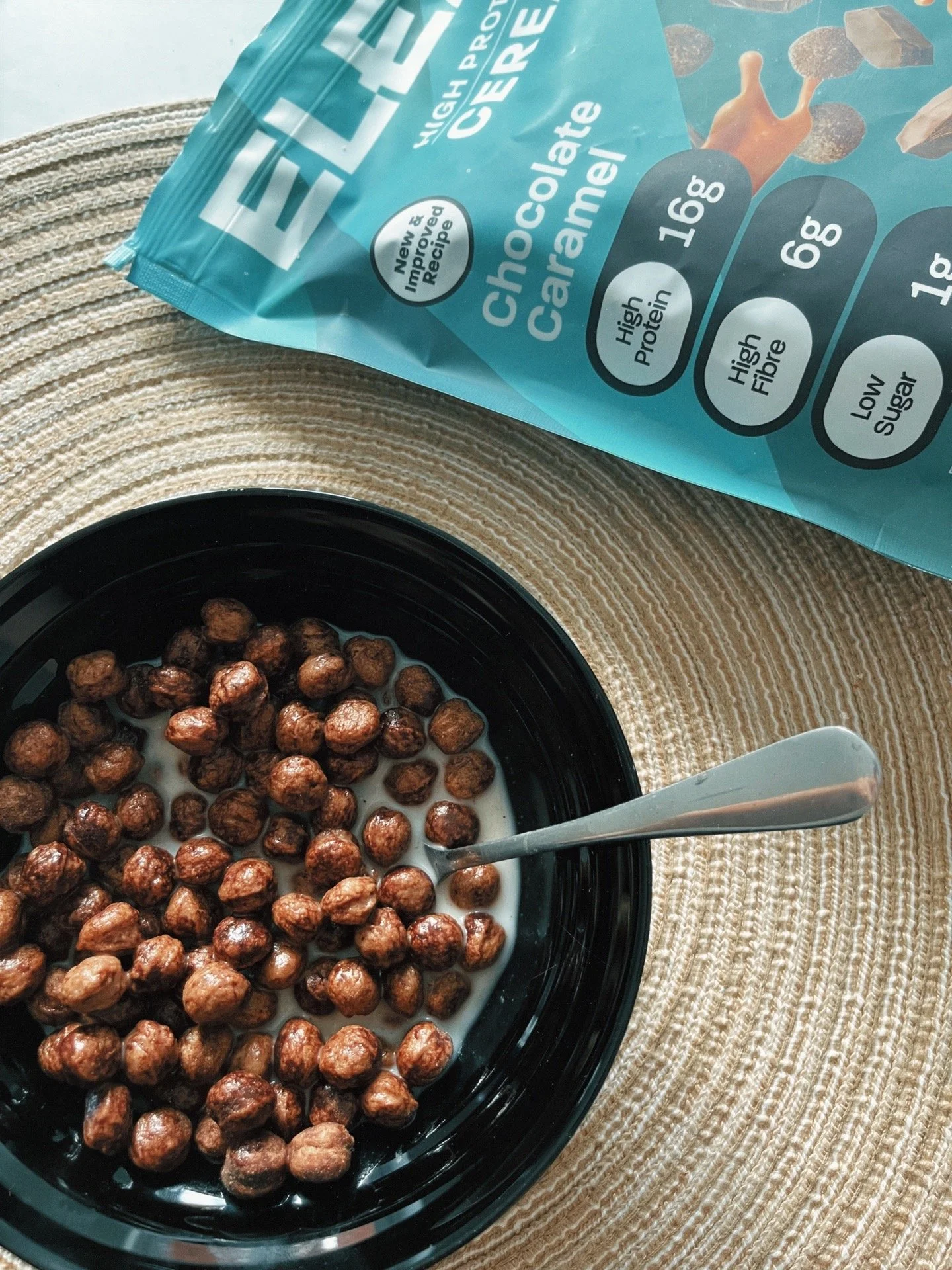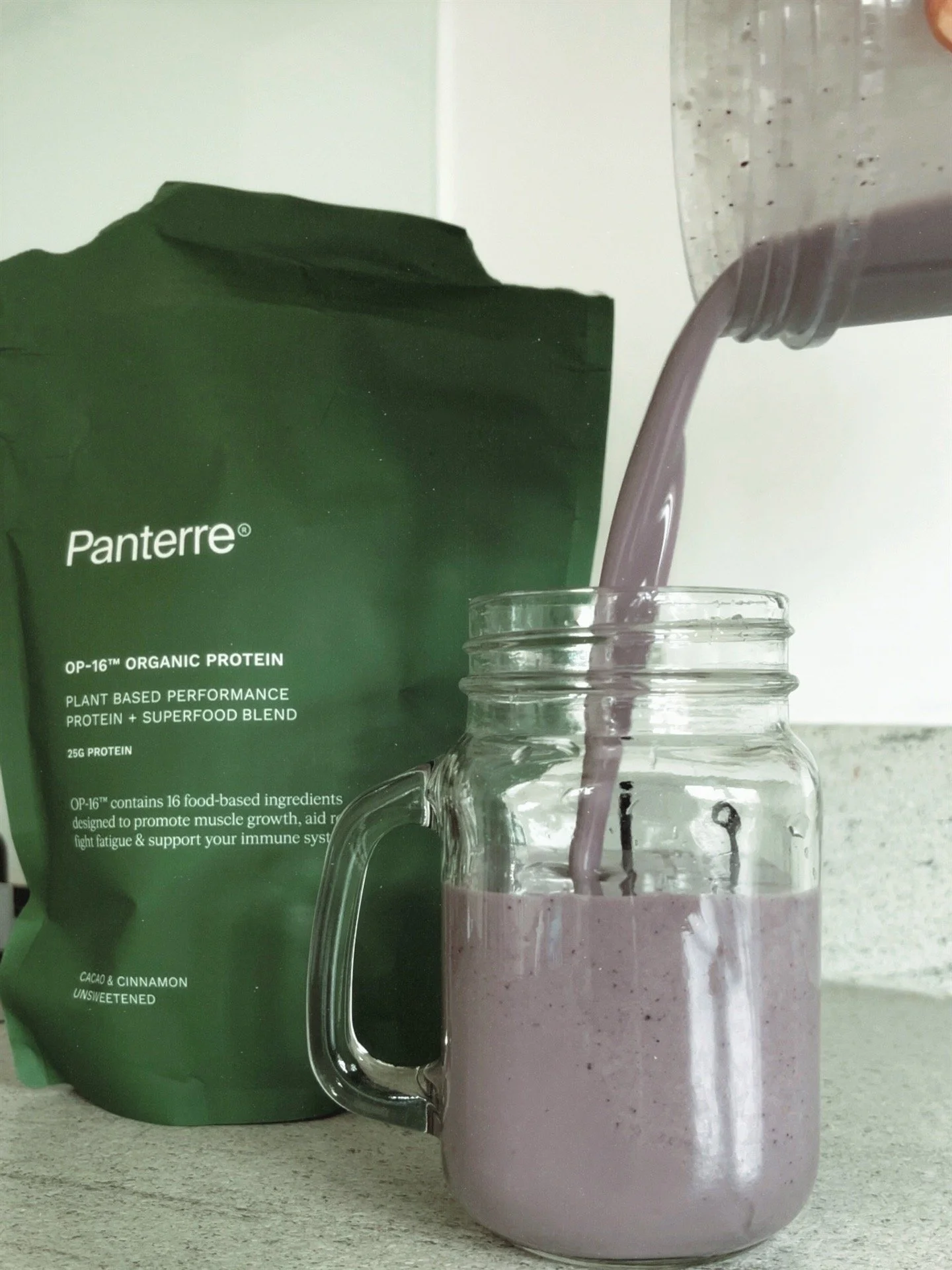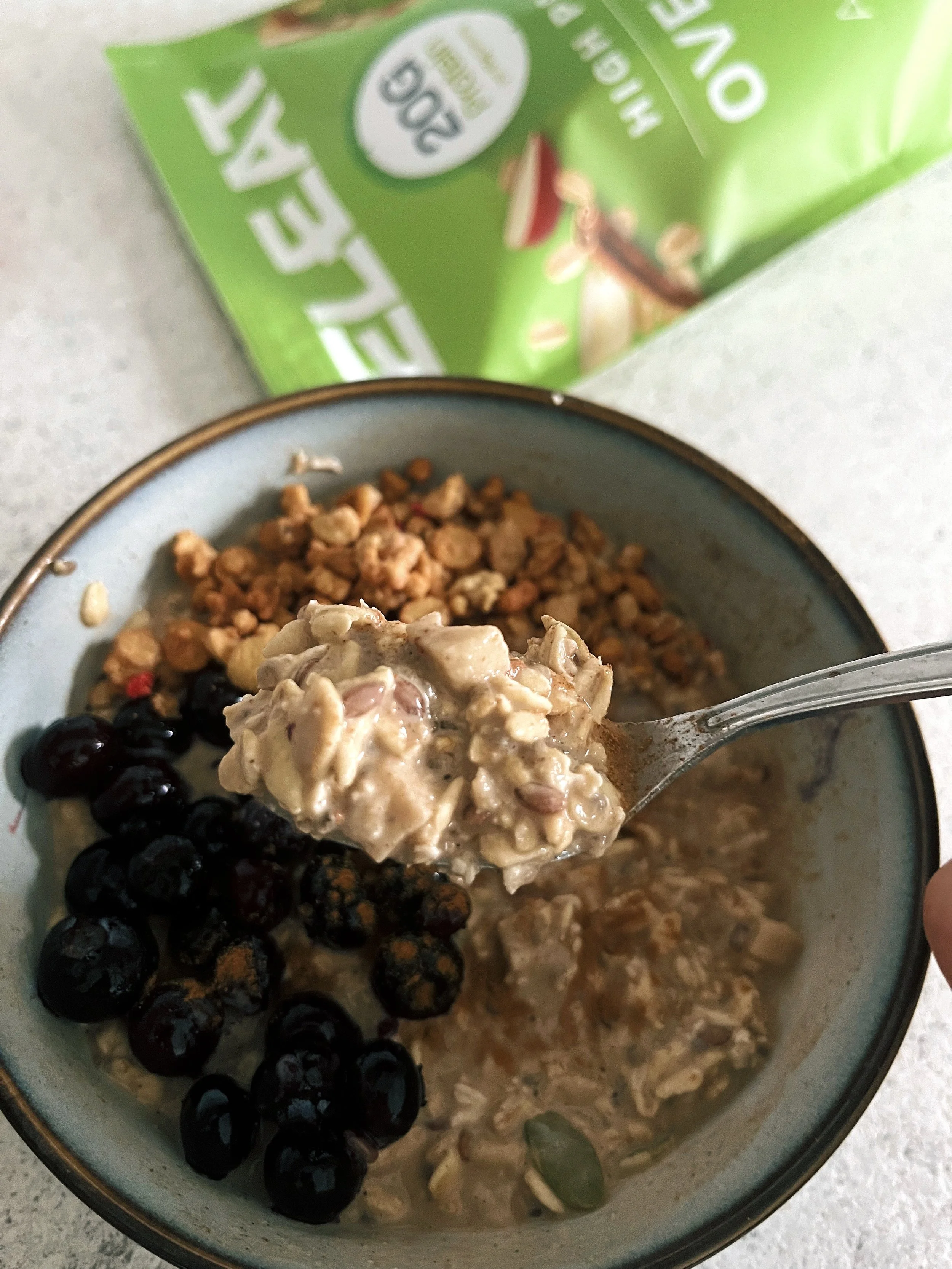How to get enough Omega-3 fatty acids on a plant-based diet (& vegan fish-free supplements)
With well-known sources of Omega-3s being salmon and fish-oil, you might wonder how to get enough of these fatty acids in a plant-based diet.
Here’s why you need Omega-3s in your diet and how to get enough of the right fatty acids as a vegan.
What are Omega-3s?
To make it simple, Omega-3s are polyunsaturated fats (fatty acids) that are essential to maintain optimal health especially for your brain and retinas.
Studies also suggest that Omega-3s reduce inflammation and bad cholesterol. They could even have a preventive action on some diseases such as dementia.
Our body is not able to produce these fatty acids, therefore we must get them from our diet.
What are the main types of Omega-3s?
There are 3 most important types: ALA (alpha-linolenic acid), DHA (docosahexaenoic acid), and EPA (eicosapentaenoic acid).
Why do vegans tend not to get enough Omega-3s?
The major sources of omega-3 fatty acids are fish oil and fatty fish like salmon and tuna. Plus, whilst ALA is mainly found in plants, DHA and EPA are for the most part found in animal foods and algae.
The problem with ALA is that it must be converted into DHA and EPA to provide health benefits. But our body is only able to convert less than 15% of ALA to EPA and even less to DHA (less than 10%).
Which is why it’s really important to plan a well-balanced plant-based diet and to include a lot of ALA-rich sources to ensure you get enough Omega-3s as a vegan.
Are you also curious about how to get enough iron on a vegan diet? Read this blog post.
The best Omega-3 sources on a plant-based diet
Omega-3 rich seeds
Chia seeds: 28g will give you 4,915mg of ALA. You can make delicious chia puddings or add them to your porridge, smoothie, yogurt or even salads.
Hemp seeds: 28g will give you 6,000mg of ALA. These deeds also contain a fair amount of magnesium, iron and zinc. Just like chia seeds, they made a great addition to your smoothies, yogurts and morning oats.
Flax seeds: 28g contain 6,388 mg of ALA omega-3 fatty acids, which is more than the daily recommended amount. Flax seeds are a great vegan substitute to eggs when baking and add some crunch to your salads and smoothie bowls.
Omega-3 rich beans
Edamame: 100g contain 358mg of ALA. Edamame is young soybeans that are boiled. They also contain a lot of vitamins, minerals, fibre and protein.
Navy beans: 100g will give you 177mg of ALA. Navy beans are also a great source of non-dairy calcium and manganese.
Other Omega-3 rich plant-based foods
Walnuts: One serving (28g) provides 2,542mg of ALA. You can add walnuts to your homemade granola, porridge or just snack on them.
Avocados: 1 medium size avocado contains 223mg of ALA. One more reason to enjoy avo on toast and homemade guacamole!
How much ALA Omega-3 do you need as a vegan?
The National Academy of Medicine recommends a daily intake of 1.1g for women following an omnivore diet.
However, because vegans tend to barely get any of the two other main Omega-3s from their diets, some studies suggest that their ALA intake needs to be up 2.2–4.4 g/day in order to get enough DHA and EPA once converted.
What is the best vegan Omega-3 supplement?
If you’re struggling to get enough Omega 3 every day via your diet, it can be useful to take a fish-free Omega 3 supplement.
I would personally recommend the Vegums Fish-free Omega 3 gummies. They are packed with sustainably sourced Omega 3 derived from algae and naturally flavoured with Orange which makes them tastier than many Omega 3 supplements.
One daily serving (2 gummies for an adult) provides you with 80mg DHA. These gummies are also kid-friendly (the daily dose for a child is one gummy per day).





